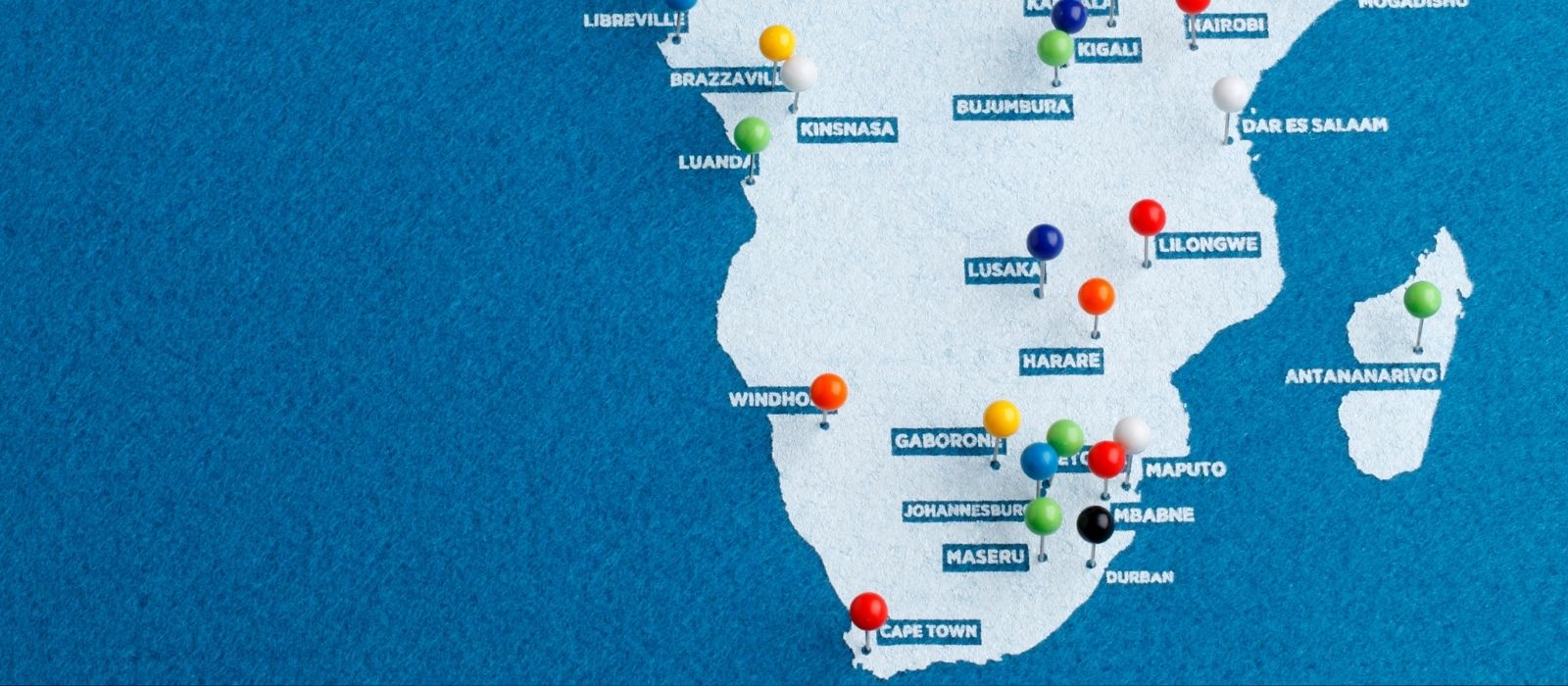
The growth of corruption in Southern African countries has sparked much debate over the current strategies to counter it. While systemic issues and lack of accountability play a significant role, a powerful psychological phenomenon known as cognitive dissonance can also contribute to the persistence of corruption tolerance. Cognitive dissonance, a theory proposed by Leon Festinger, describes the psychological discomfort experienced when one holds two conflicting beliefs or when their actions contradict their values. To alleviate this discomfort, individuals may rationalize their actions, downplay the discrepancy, or even change their beliefs.
Southern Africa faces numerous challenges when tackling corruption tolerance, such as entrenched power dynamics, lack of effective enforcement mechanisms, and resistance to change within institutions. Overcoming these barriers is essential for promoting good governance and transparency. This has led to widespread public dissatisfaction and erosion of trust in the government. When cognitive dissonance meets corruption tolerance in Africa, it’s like a match made in bureaucratic chaos. The more people struggle to reconcile their beliefs with the reality of corruption, the more entrenched it becomes in society.
In the realm of corruption, cognitive dissonance plays a starring role. People might turn a blind eye to corruption because facing the truth means admitting their complicity or challenging the status quo. In the context of corruption, this can manifest in various ways that include Justification of Corruption: Individuals may rationalize corrupt practices by claiming they are necessary for survival, or that everyone else is doing it. This can lead to a gradual normalization of corruption, making it seem less reprehensible. Citizens have become desensitized to corruption, often citing economic hardship and lack of opportunities as reasons for their tolerance.
In Zimbabwe, cross-border traders get upset when the goods they are importing goods get scrutinized by Zimbabwe Revenue Authority (ZIMRA) officials duty checks at the border, they prefer just to bribe their way through the border as this will reduce operational costs and increase profits, market share through lower prices this is smuggling and it’s unlawful but for their business to survive they need to pay a bribe to avoid duty import taxes. In South Africa, The prevalence of “tenderpreneurship” – a system where government contracts are awarded to those with political connections, rather than merit – has fuelled public anger and frustration. Despite public outcry, many citizens have accepted corruption as a necessary evil, justifying it as a means of survival or claiming that it is unavoidable.
Another way where cognitive dissonance manifests is through Selective Perception: Individuals may selectively focus on the positive aspects of corrupt leaders or institutions, ignoring or minimizing their negative actions. This can lead to a distorted view of reality, making it harder to see the harmful effects of corruption. Two cases that relate to allegations of corruption in Southern Africa are examples of selective perception, In Zimbabwe, several individuals and media houses have published articles relating to allegations of corruption against Wicknell Chivhayo a prominent businessman. Despite the allegations of corruption, many Zimbabweans have approached him via social media for financial support.
In South Africa, MK is a new political party that has become the third largest political party with its leader being the former president Jacob Zuma who was forced to resign six years after allegations of state corruption. Some have suggested that Africa needs its definition of corruption and governance after having faced many forms of governance throughout history, including colonization, dictatorships, independence, and post-independence struggles. We have experienced shifts in political power all this impacts on the political system of current status. This has influenced the citizen’s cognitive dissonance and corruption tolerance in some countries.
To strengthen anti-corruption efforts in Southern Africa, policymakers should focus on implementing robust legal frameworks, enhancing transparency in public institutions, empowering oversight bodies, and promoting a culture of accountability. By addressing the root causes of corruption tolerance, sustainable progress can be achieved. Cognitive dissonance plays a crucial role in shaping attitudes towards corruption in Southern Africa. By understanding this psychological phenomenon, we can develop more effective strategies for combating corruption and promoting ethical behaviour. By addressing the underlying factors that drive cognitive dissonance, we can create a more just and equitable society where corruption is no longer seen as inevitable.



